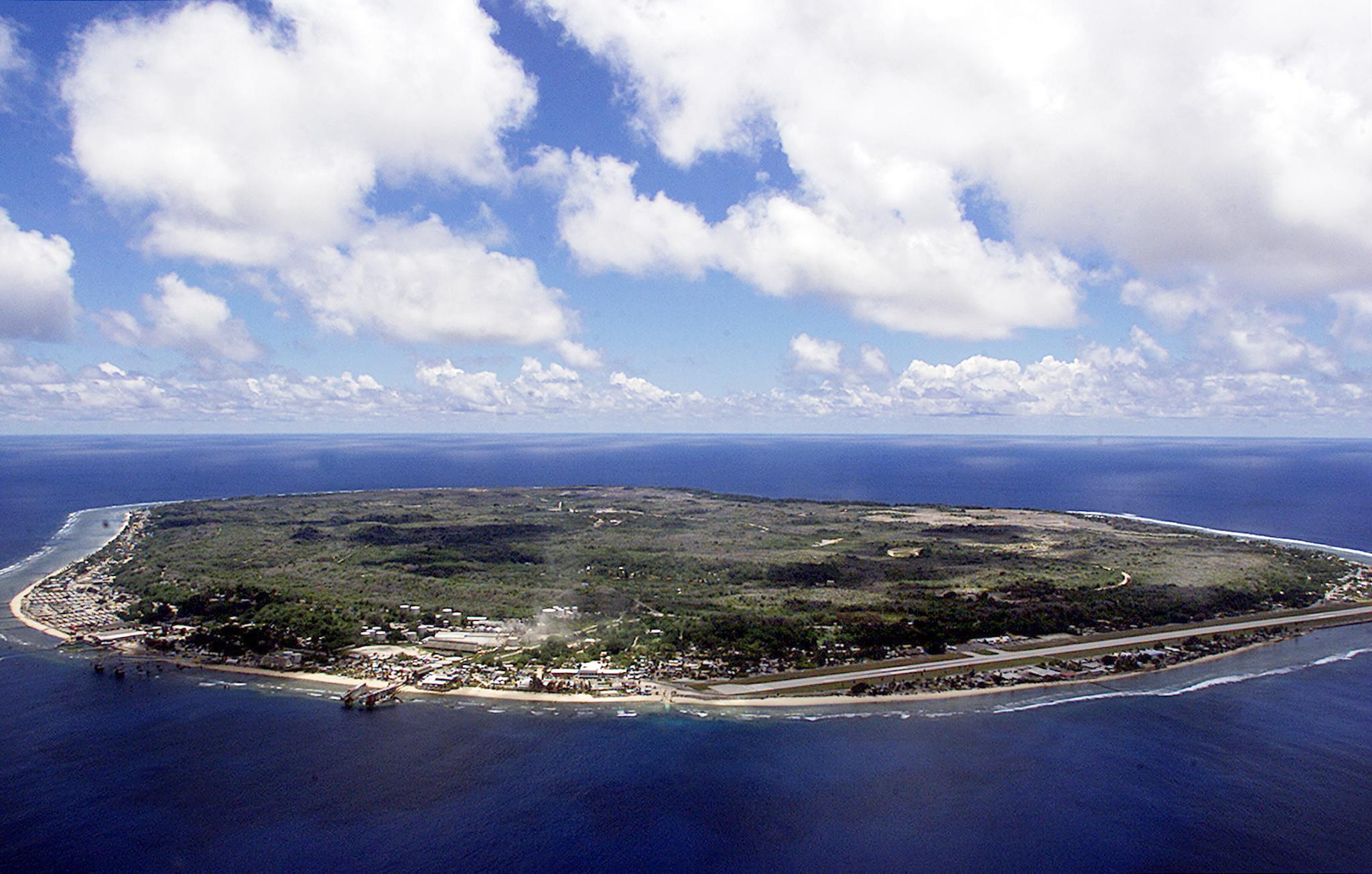
A joint investigation by Amnesty International and Human Rights Watch has found that the Australian government is deliberately ignoring reports of abuse from refugees on Nauru in order to deter further migration, the groups said Tuesday.
The joint report detailed accounts of mistreatment and neglect from asylum seekers on the remote Pacific island, including denial of medical care, physical and sexual abuse from locals and inhumane living conditions. The report also highlighted the prevalence of mental-health problems, with many refugees attempting suicide.
“Australia’s policy of exiling asylum seekers who arrive by boat is cruel in the extreme,” said Anna Neistat, senior director for research at Amnesty International, who conducted the investigation on the island for the organization. “Few other countries go to such lengths to deliberately inflict suffering on people seeking safety and freedom.”
About 1,200 people, who tried to seek asylum in Australia by boat, have been forcibly sent to Nauru, a tiny island about 4,000 km off the northeastern Australian coast. The Australian government’s policy of detaining asylum seekers in offshore processing centers has long been a subject of controversy.
“Driving adult and even child refugees to the breaking point with sustained abuse appears to be one of Australia’s aims on Nauru,” said Michael Bochenek, senior counsel on children’s rights at Human Rights Watch.
According to the Australian Broadcast Corp., the report will be used as part of a global campaign to close the detention center.
“What I found on Nauru is what I can only describe as a deliberate, systematic abuse,” said Neistat.
Australia has been transferring asylum seekers to Nauru since 2012, and in the 2015 fiscal year spent the equivalent of $314 million on its operations there, according to the report.
More Must-Reads from TIME
- Donald Trump Is TIME's 2024 Person of the Year
- Why We Chose Trump as Person of the Year
- Is Intermittent Fasting Good or Bad for You?
- The 100 Must-Read Books of 2024
- The 20 Best Christmas TV Episodes
- Column: If Optimism Feels Ridiculous Now, Try Hope
- The Future of Climate Action Is Trade Policy
- Merle Bombardieri Is Helping People Make the Baby Decision
Contact us at letters@time.com